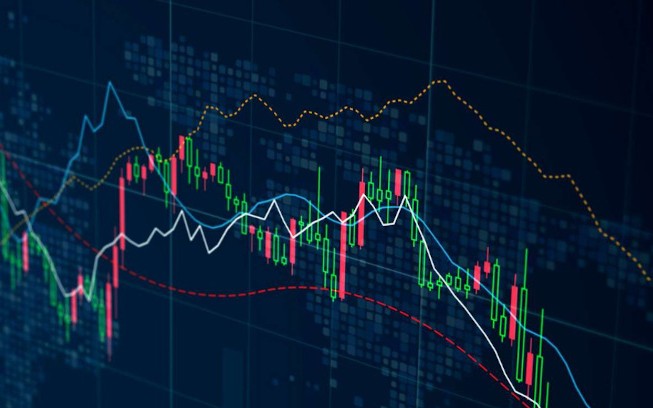
Understanding the Basics of Forex Trading Education
Forex trading is a complex yet rewarding endeavor that requires a solid foundation of knowledge to be successful. For anyone looking to navigate the foreign exchange markets, acquiring a comprehensive education is paramount. Whether you’re a complete novice or looking to refine your existing skills, understanding the fundamentals of Forex trading is essential. Here at forex trading education exglobal.pk, we provide resources to help traders at all levels enhance their trading abilities.
What is Forex Trading?
Forex trading, also known as foreign exchange trading, involves the buying and selling of currencies on the foreign exchange market. Unlike stock trading, where you invest in companies, Forex trading focuses on speculating the price movements of currency pairs. The Forex market is the largest and most liquid financial market in the world, with an estimated daily trading volume exceeding $6 trillion.
Importance of Forex Trading Education
Education in Forex trading is crucial for multiple reasons:
- Understanding Market Dynamics: A well-informed trader comprehends the factors that influence currency movements, such as economic indicators, geopolitical events, and central bank policies.
- Developing Trading Strategies: Effective trading relies on well-researched strategies that include entry and exit points, risk management, and market analysis.
- Risk Management: Proper education helps traders develop a sound risk management plan to protect their capital from excessive losses.
- Emotional Control: Trading can be emotionally challenging. Education helps traders maintain discipline and emotional stability.
Key Components of Forex Trading Education
1. Learning the Terminology

Before diving into trading, it is essential to understand the terminology used in the Forex market. Terms such as «pips,» «spreads,» «leverage,» and «margin» are vital for successful trading. Familiarity with the jargon enables traders to interpret market information accurately.
2. Fundamental Analysis
Fundamental analysis involves analyzing economic indicators, political events, and overall market sentiment to inform trading decisions. Key indicators include GDP growth rates, employment figures, inflation rates, and more. Understanding these indicators can provide insights into currency movements.
3. Technical Analysis
Technical analysis utilizes historical price charts and market data to predict future price movements. Traders use tools such as trend lines, support and resistance levels, and various indicators like moving averages and RSI (Relative Strength Index) to analyze price action.
4. Developing a Trading Plan
A robust trading plan outlines your trading strategy, including entry and exit points, risk management techniques, and performance evaluation methods. A well-defined trading plan is essential for providing structure and reducing emotional decision-making.
5. Risk Management Techniques
Risk management is vital in Forex trading to protect your capital. Techniques include setting stop-loss orders, position sizing, and using a risk-reward ratio. Each trader must find a balance between risks and potential rewards when entering a trade.

Choosing a Forex Trading Platform
Selecting a reliable trading platform is crucial for an effective trading experience. Look for platforms offering user-friendly interfaces, advanced charting tools, and robust security features. It’s also advisable to choose brokers regulated by recognized financial authorities to ensure a safe trading environment.
Continuous Learning and Improvement
The world of Forex trading is dynamic, which makes continuous learning essential. Participate in webinars, read books, attend workshops, and engage with online trading communities to stay updated with the latest trends and strategies.
Common Mistakes to Avoid in Forex Trading
Even with education, traders often fall into common traps:
- Overleveraging: Many traders use high leverage, which can amplify losses. Understanding leverage and using it wisely is crucial.
- Ignoring Risk Management: Failing to implement a solid risk management strategy can lead to significant losses.
- Chasing Losses: Trying to recover lost money often leads to poor decision-making. Maintaining discipline is crucial.
- Overtrading: Engaging in excessive trading can lead to emotional fatigues and poor judgment. Traders should stick to their strategies.
Conclusion
Forex trading is not merely a venture into financial markets; it requires dedication, discipline, and continuous learning. By investing in a comprehensive Forex trading education, traders can enhance their skills, mitigate risks, and work towards becoming successful in this vibrant market. Remember, success in Forex trading doesn’t happen overnight; it is the fruit of knowledge, practice, and a well-thought-out strategy. So, start your educational journey today and unlock the potential of Forex trading!
